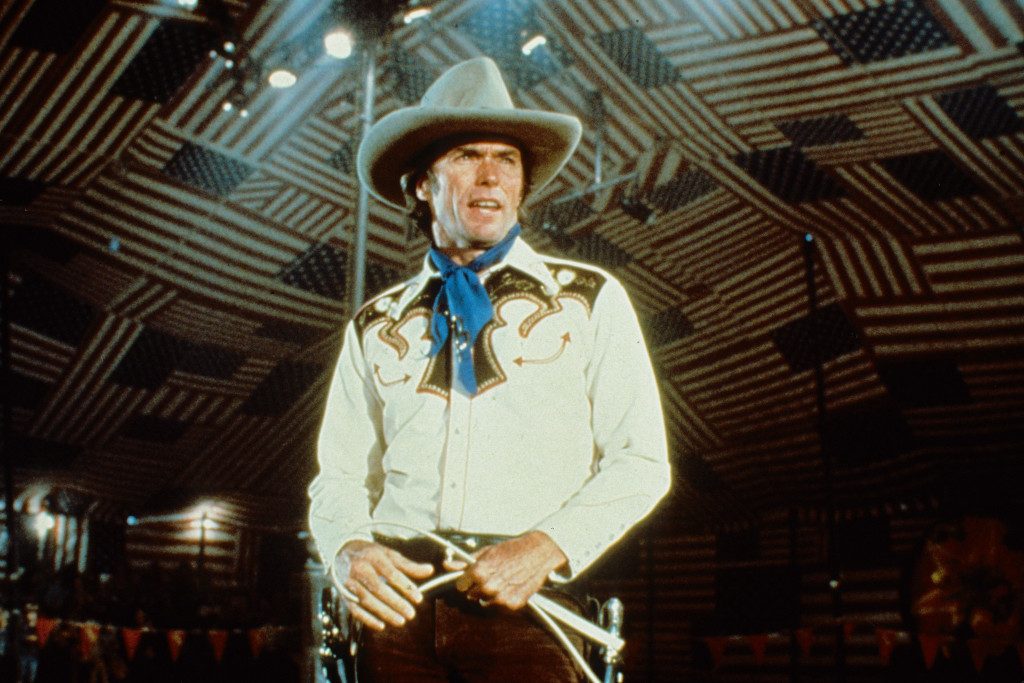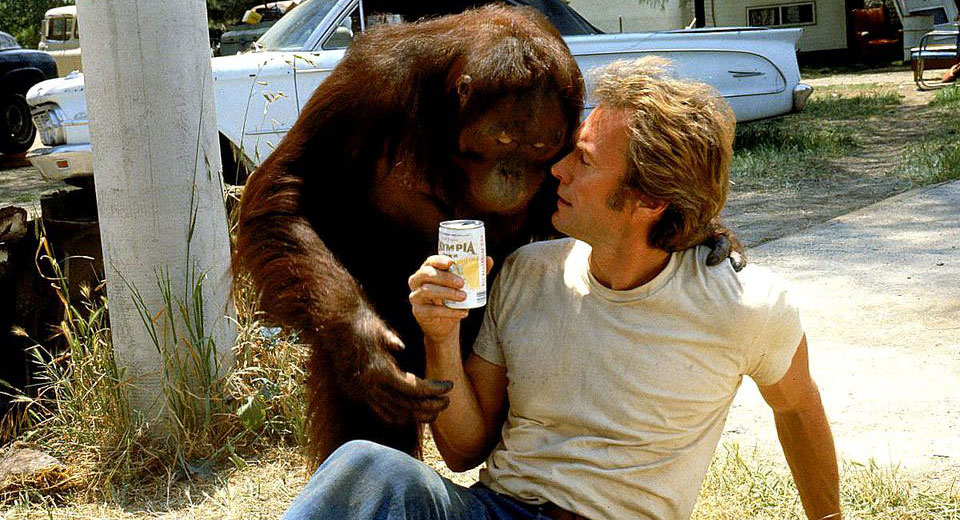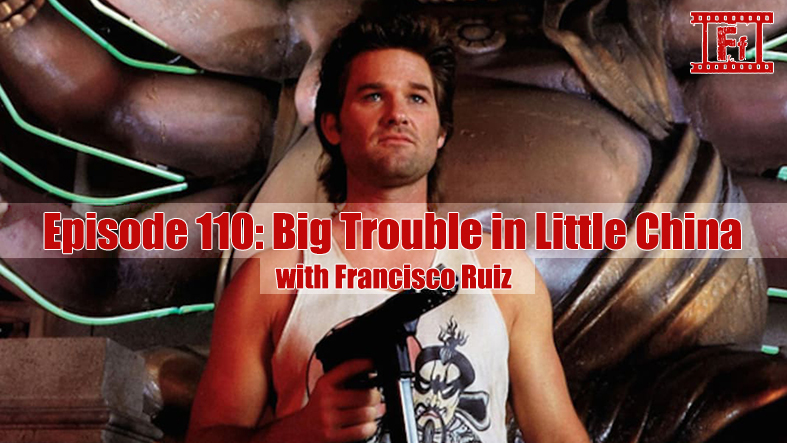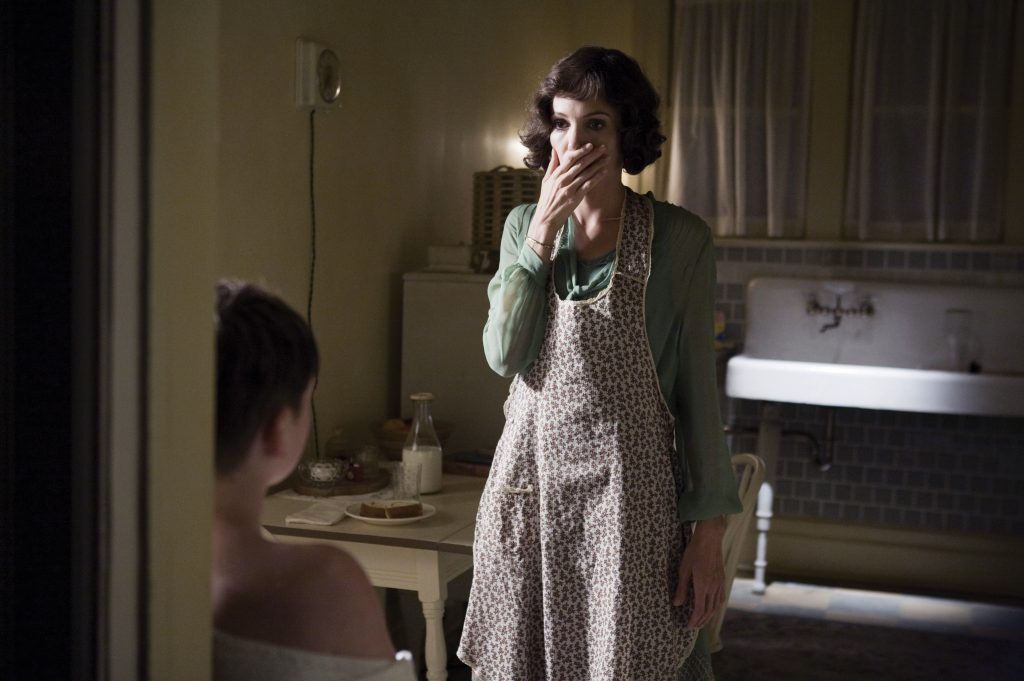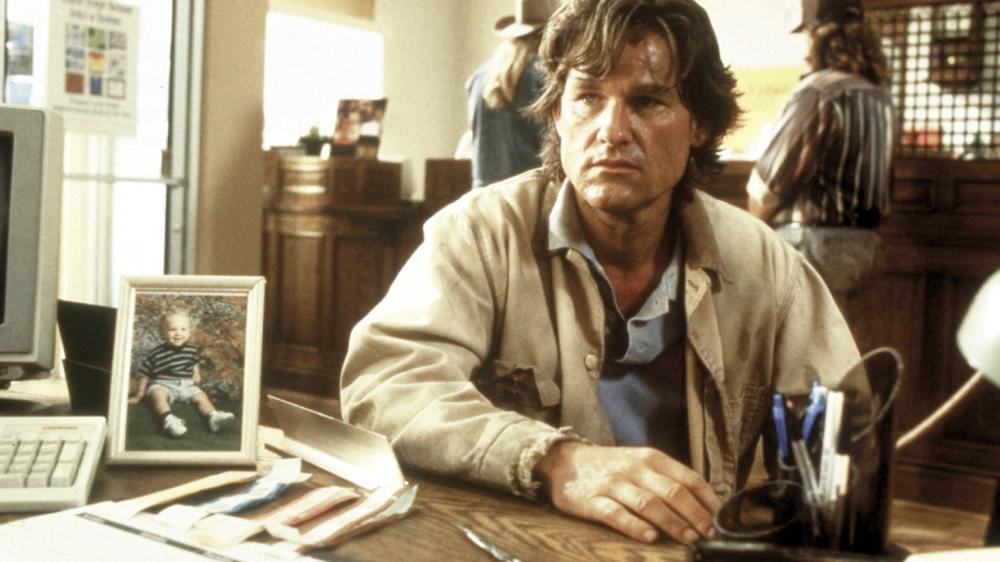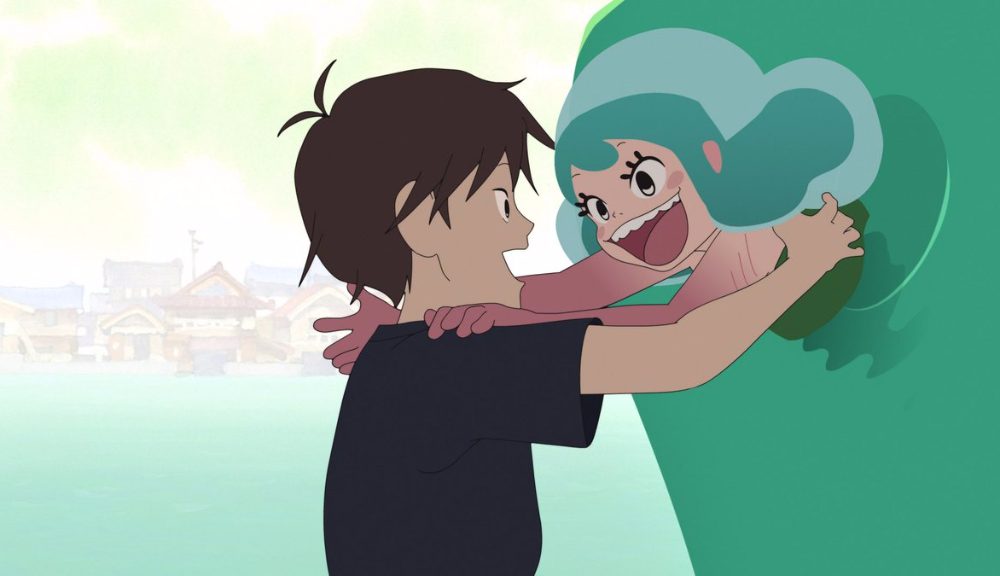Welcome to You Should Be Watching, my weekly opportunity to introduce you to a variety of great films, gems of the past and present, available for you to stream from Netflix, Amazon Prime, FilmStruck, and anywhere else streams are found. This week I’m recommending Baz Lurhmann’s charming directorial debut, an electric and moving exploration of the tempting and destructive power of greed set amidst the housing crisis, and a classic film full of high-stakes tension. There are also a whole bunch of great titles that arrived on streaming platforms this past week and several leaving as well.
STREAMING PICKS OF THE WEEK
Strictly Ballroom
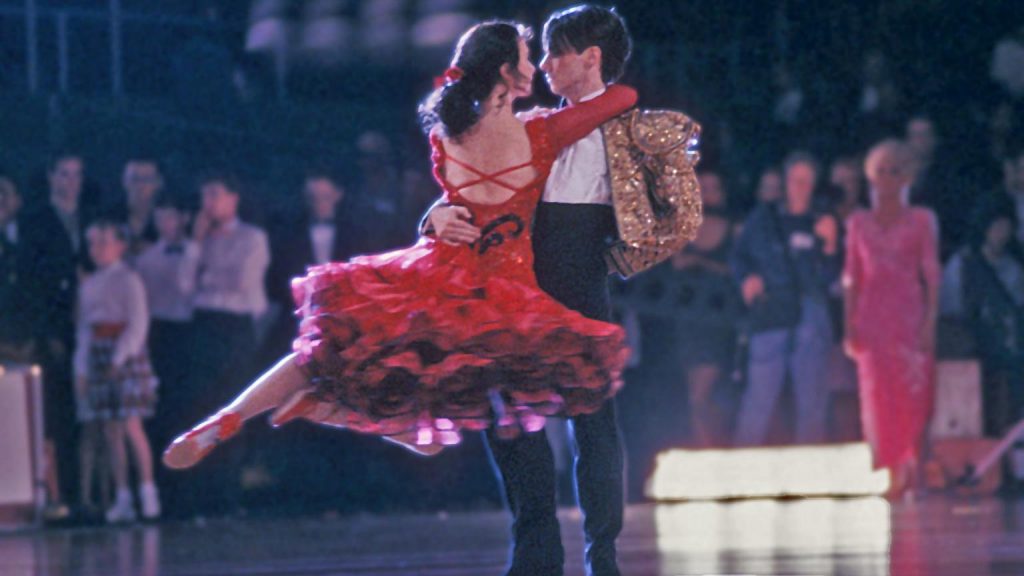
Year: 1992
Director: Baz Luhrmann
Genre: Comedy, Drama, Romance
Cast: Paul Mercurio, Tara Morice, Bill Hunter, Pat Thomson, Gia Carides, Peter Whitford, Barry Otto, John Hannan, Sonia Kruger, Kris McQuade, Pip Mushin, Antonio Vargas, Armonia Benedito, Lauren Hewett, Steve Grace, Paul Bertram, Todd McKenney, Kerry Shrimpton
Pretty much all Baz Luhrmann films share similar traits. They’re stylish, full of energy, from the editing to the music, and more than a little quirky. As Lurhmann’s endearing directorial debut, Strictly Ballroom offers all that and more wrapped up in an infectious package. It contains many poignant moments of humor and wears its heart on its sleeve. It’s also genre defying in the best way, essentially a romantic sports dramedy with a touch of mockumentary with the setting being a ballroom dancing competition.
The plot is your basic boy meets frumpy, overlooked girl who turns out to have hidden talent and a protective family and isn’t so frumpy after all, but it’s the characters, the relationships, the humor, and the choreography, and the family dynamics and history that make this movie extra special. Paul Mercurio as Scott Hastings is full of charisma and passion. He just wants to dance his heart out and doesn’t have a mean bone in his body, making him easy to root ford. He has wonderful chemistry with Tara Morice who plays Fran his would-be new partner after his last one left him, and it’s a sheer joy watching them dance together. There’s a lot more to Fran than meets the eye. The scene where Scott meets her family is a key turning point in the film as is him learning his parents’ past. There’s a little something here for everyone, so I would highly recommend it to pretty much everyone.
99 Homes
Year: 2014
Director: Ramin Bahrani
Genre: Drama
Cast: Andrew Garfield, Laura Dern, Michael Shannon, Tim Guinee, J.D. Evermore, Noah Lomax, Clancy Brown, Nicole Barré, Cullen Moss, Wayne Pére, Judd Lormand, Gretchen Koerner, Yvonne Landry, Donna DuPlantier, Jordyn McDempsey, Gus Rhodes, John L. Armijo, Jayson Warner Smith, Ann Mahoney, Juan Gaspard, Nadiyah Skyy Taylor, Deneen Tyler, David Maldonado, Cynthia Santiago, Joni Bovill, Carl Palmer, Albert C. Bates, Tom Bui, Manu Narayan
In the vein of Wall Street comes this incredibly depressing yet extremely satisfying film that shows the tempting yet destructive power of greed and incremental moral compromise. Michael Shannon is scary good as Rick Carver, a ruthless and charismatic real estate broker, who will do whatever it takes to make as much money as he can, no matter who he hurts in the process. This includes him taking on an unlikely employee and ultimate partner whom he will have leverage over.
This man is Dennis Nash (Andrew Garfield), a single father who along with his son and mother have been evicted from their home by this same Rick Carver. He’s desperate for an opportunity to earn the money necessary to get their home back, but desperation makes one forget about consequences to his actions. Garfield shows great range as he goes on this journey from one side of the evictions to the other, finding himself increasingly helpless to his greed, his lies, and Carver’s silver-tongued influence, leading him step-by-step down his moral decline. It’s a powerful lesson on how we rationalize sin and temptation.
The Wages of Fear
Year: 1953
Director: Henri-Georges Clouzot
Genre: Adventure, Drama, Thriller
Cast: Yves Montand, Charles Vanel, Peter van Eyck, Folco Lulli, Véra Clouzot, Antonio Centa, Luis De Lima, Jo Dest, Darío Moreno, William Tubbs, Grégoire Gromoff, Joseph Palau-Fabre, Darling Légitimus, François Valorbe
With The Wages of Fear, Henri-Georges Clouzot created one of the most heightened and sustained exercises in tension found in classic cinema. Due to an oil field fire and no time for proper equipment, two pairs of desperate men, of which Mario (Yves Montand) and Jo (Charles Vanel) receive primary focus, are contracted to drive trucks full of extremely volatile nitroglycerine 300 miles across horrendous terrain and obstacles. And it is not tension for tension’s sake. The film exists as a cry of frustration towards the miserable and oppressive conditions encouraged by corporate imperialism and the unavoidable consequences of the resulting desperation.
To make the tension of the journey meaningful, Clouzot first establishes the hopelessness of the characters and their internal tensions caused by a sort of love triangle. He takes his time establishing the setting, an isolated town of poverty and sweltering heat in southern Mexico that’s surrounded by desert, and the pitiful lives of its inhabitants. The only way out is by airplane, but that takes money, and the town is all but controlled by the oppressive and manipulative company that owns the nearby oil fields and keeps jobs hard to come by. The friction that builds between the men who become drivers only add to the stress and fear that a truck could explode at any time, which takes toll after toll.
COMING AND GOING
LAST CHANCE (last date to watch)
NETFLIX
June 9
Omar (2013)
June 11
Kano (2014)
June 15
Super (2010)
June 18
Theeb (2014)
June 24
Captain America: Civil War (2016)
June 29
On Golden Pond (1981)
AMAZON PRIME
June 7
Remember (2015)
June 9
Rosewater (2014)
June 15
Anomalisa (2015)
FILMSTRUCK
June 8
Christopher Guest:
Best in Show (2000)
Waiting for Guffman (1996)
On the Waterfront (1954)
A Face in the Crowd (1957)
June 15
A Matter of Life and Death (1946)
Metropolis (1927)
Peeping Tom (1960)
Wag the Dog (1997)
June 22
An American in Paris (1951)
The Piano (1993)
June 30
Caliber 9 (1972)
It Happened One Night (1934)
JUST ARRIVED
NETFLIX
Bad Genius (2017)
Blue Jasmine (2013)
The Departed (2006)
The King’s Speech (2010)
Miracle (2004)
National Treasure (2004)
Outside In (2017)
Thor: Ragnarok (2017)
AMAZON PRIME
The Age of Innocence (1993)
Bad Lieutenant: Port of Call New Orleans (2009)
Breakdown (1997)
The ’Burbs (1989)
The Disaster Artist (2017)
Escape from Alcatraz (1979)
Event Horizon (1997)
Lady Bird (2017)
The Natural (1984)
The Running Man (1987)
Saturday Night Fever (1977)
Stargate (1994)
Sweeney Todd: The Demon Barber of Fleet Street (2007)
Wonder Wheel — AMAZON ORIGINAL MOVIE (2017)
HULU
Apollo 13 (1995)
A Beautiful Mind (2001)
Brokeback Mountain (2005)
Bull Durham (1988)
The ’Burbs (1989)
Escape from Alcatraz (1979)
Event Horizon (1997)
The Green Mile (1999)
Hellboy (2004)
The Lord of the Rings: The Fellowship of the Ring (2001)
The Lord of the Rings: The Two Towers (2002)
The Lord of the Rings: The Return of the King (2003)
Margin Call (2011)
My Left Foot: The Story of Christy Brown (1989)
Punch-Drunk Love (2002)
The Running Man (1987)
Stargate (1994)
Steel Magnolias (1989)
Sweeney Todd: The Demon Barber of Fleet Street (2007)
Trainspotting (1996)
COMING THIS WEEK
NETFLIX
June 8
Ali’s Wedding – NETFLIX FILM (2017)
June 14
Cutie and the Boxer (2013)
 Jacob Neff is a film enthusiast living east of Sacramento. In addition to his contributions as an admin of the Feelin’ Film Facebook group and website, he is an active participant in the Letterboxd community, where his film reviews can be found. Follow him on Facebook and Twitter to keep up with his latest thoughts and shared content.
Jacob Neff is a film enthusiast living east of Sacramento. In addition to his contributions as an admin of the Feelin’ Film Facebook group and website, he is an active participant in the Letterboxd community, where his film reviews can be found. Follow him on Facebook and Twitter to keep up with his latest thoughts and shared content.







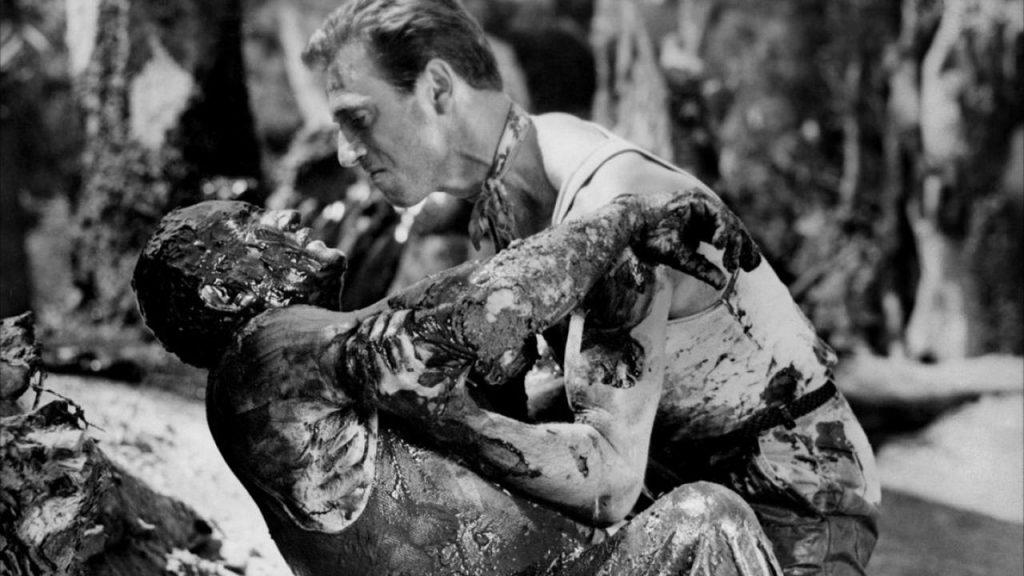
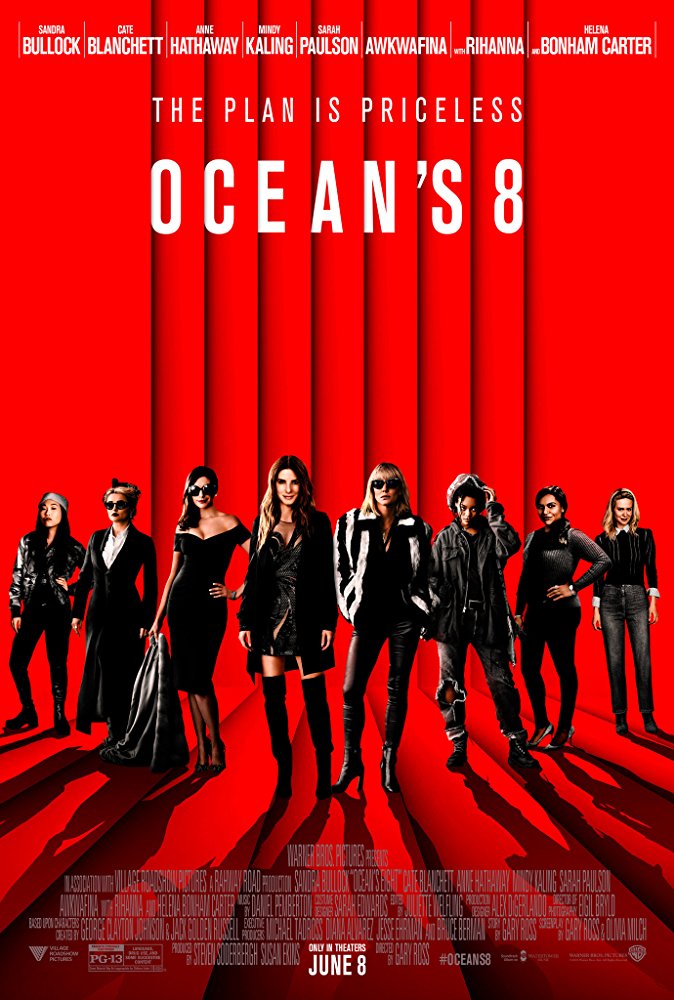

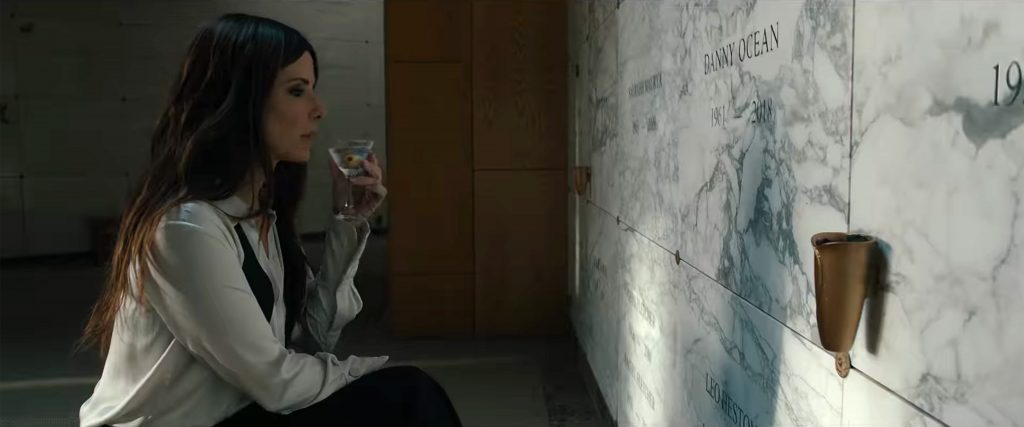
 Aaron White is a Seattle-based film critic and co-creator/co-host of the Feelin’ Film Podcast. He is also a member of the
Aaron White is a Seattle-based film critic and co-creator/co-host of the Feelin’ Film Podcast. He is also a member of the 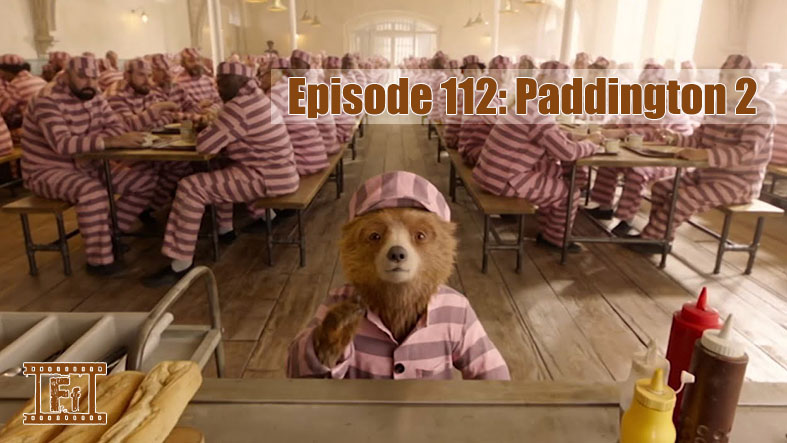



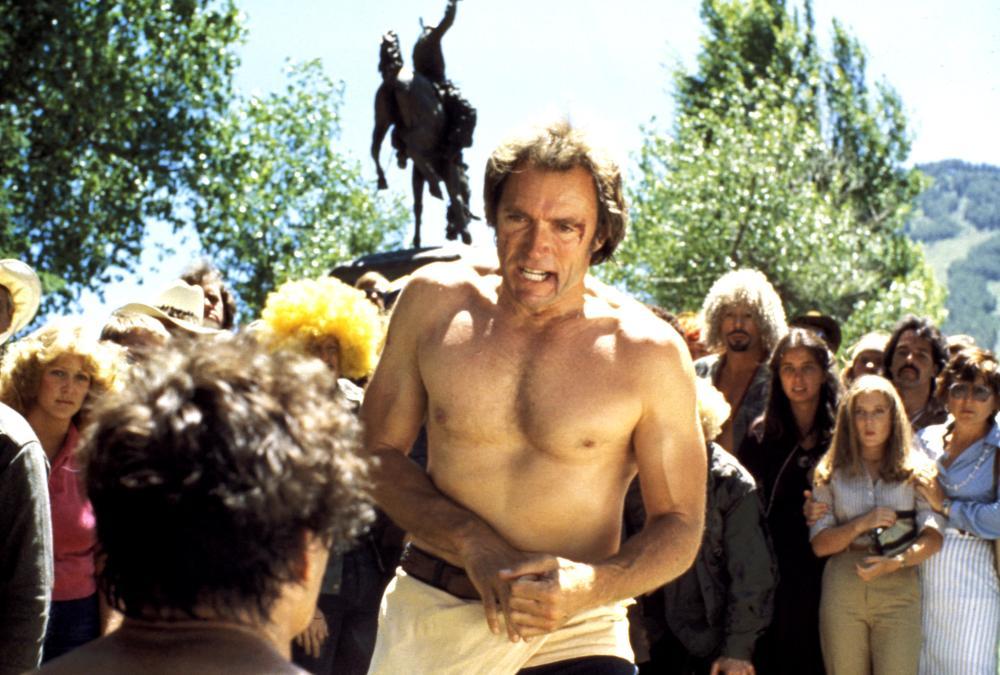
 Reed Lackey is based in Los Angeles, where he writes and podcasts about film and faith. His primary work is featured on the More Than One Lesson website and podcast, as well as his primary podcast,
Reed Lackey is based in Los Angeles, where he writes and podcasts about film and faith. His primary work is featured on the More Than One Lesson website and podcast, as well as his primary podcast, 